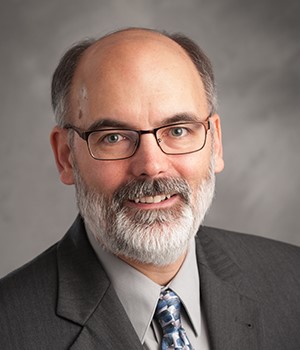FRIB Saturday Morning Physics talk - Amazing things about the periodic table you never learned from chemistry
Talk details
- Date: 27 April
- Time: 10:30 a.m.
- Location: 1300 FRIB Laboratory
- This talk is part of the FRIB Saturday Morning Physics series
Talk Abstract
As 2019 is the year of the period table, it is fun to consider some of the lesser-known aspects of this powerful and useful way to organize the building blocks of our world. This talk will review some of the history of elements and the efforts to develop an understanding of nature. It will also explore the existence of isotopes (roughly translated from Greek as “at the same place”) of the elements. We think of elements as unchanging, but this is not correct. Radioactivity is evidence for one element changing into another and is a part of nature. A somewhat related topic was the goal of alchemists to transform metals to gold, the element that was considered perfect, and to find a path to perfection. They had no idea of radioactivity, or of what it would really take to change one element into another. We will look at the transformation of elements from a modern perspective and talk about how at least part of the goal of alchemy has been achieved by research laboratories such as FRIB. This talk is a part of FRIB Saturday Morning Physics.
Presenter
Brad Sherrill
Bradley M. Sherrill received his bachelor of arts from Coe College in Cedar Rapids, Iowa, in 1980. He earned his master of science in 1982 and his PhD in 1985, both in physics, from Michigan State University. In 1986, he joined the staff of the National Superconducting Cyclotron Laboratory (NSCL) and in 1991, became an assistant professor of physics at Michigan State University, where he is now a Distinguished Professor. He directs NSCL, and is the scientific director at FRIB. His research addresses the production and study of rare forms of the elements, called rare isotopes, and their role in the universe. Winner of the 1986 Division of Nuclear Physics Dissertation Award, the 2014 Division of Nuclear Physics Distinguished Service Award, and the 2018 American Physical Society Bonner Prize, Sherrill also chaired the Division of Nuclear Physics in 2005. He has served on advisory committees for many laboratories around the world and the Nuclear Science Advisory Committee to the Department of Energy and the National Science Foundation. Sherrill is a fellow of the American Physical Society and Fellow of the American Association for the Advancement of Science.


